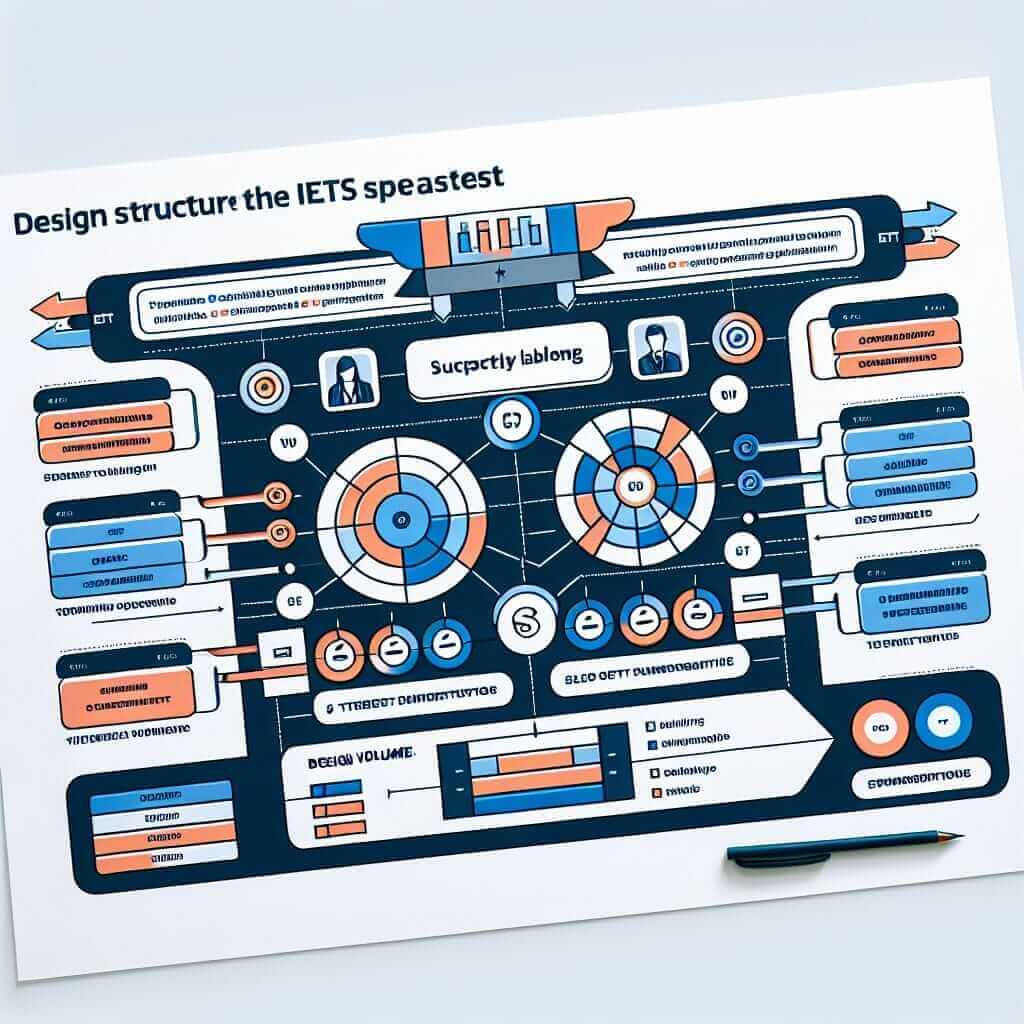The IELTS Speaking test can be nerve-wracking, especially that crucial first impression. A confident and well-structured self-introduction can set the tone for a smoother, more successful speaking exam. This article will guide you through crafting impressive introductions, complete with sample answers and expert tips honed from my 20+ years of experience as an IELTS instructor.
Understanding the Importance of a Strong Introduction
The “Introduction and Interview” section, Part 1 of the IELTS Speaking test, lasts 4-5 minutes. It’s where the examiner assesses your fluency, pronunciation, grammar, and vocabulary in a conversational setting. Your introduction is your initial opportunity to demonstrate these skills. A strong start can boost your confidence and positively influence the examiner’s perception.
Constructing Your Winning Self-Introduction
While it may seem simple, a well-crafted introduction for IELTS Speaking is more than just stating your name. It’s about providing relevant information about yourself engagingly and naturally. Here’s a breakdown:
1. Greeting and Name
Start with a polite greeting and clearly state your name.
- Example: “Good morning/afternoon, my name is [Your Name].”
2. Talking About Your Origin
Share where you’re from. Keep it concise and avoid providing too much detail.
- Example: “I’m from [Your City/Country].”
3. Current Situation
Briefly describe your current situation, like your occupation or studies.
- Example: “I’m currently a student at [Your University] studying [Your Major].”
- Example: “I work as a [Your Profession] at [Your Company].”
4. Interests and Hobbies
Mention one or two interests or hobbies. This adds personality and helps you sound more natural.
- Example: “In my free time, I enjoy reading and traveling.”
- Example: “I’m passionate about photography and learning new languages.”
5. Reason for Taking IELTS (Optional)
While optional, briefly stating your reason for taking IELTS can add context.
- Example: “I’m taking the IELTS to apply to universities abroad.”
- Example: “I need the IELTS for career advancement opportunities.”

Sample IELTS Speaking Test Introductions
Here are a couple of sample introductions incorporating the elements outlined above:
Sample 1:
“Good morning, my name is Anya Sharma. I’m from New Delhi, India, and I’m currently working as a software engineer. In my spare time, I love to bake and experiment with new recipes. I’m taking the IELTS to pursue a Master’s degree in Computer Science in Canada.”
Sample 2:
“Good afternoon, my name is John Lee. I’m from Hong Kong. I’m a student at the University of Hong Kong, majoring in Business Administration. I’m an avid basketball player and enjoy playing in local tournaments. I’m taking the IELTS to improve my English proficiency for future career prospects.”
Tips for a Stellar Self-Introduction
- Practice makes perfect. Rehearse your introduction until it feels natural and flows smoothly.
- Keep it concise. Aim for a 30-second introduction, leaving ample time for other questions.
- Project confidence. Speak clearly, maintain eye contact, and smile.
- Be yourself. Don’t try to memorize a script. Use natural language and be genuine.
Conclusion
Mastering a strong self-introduction is an achievable step towards acing the IELTS Speaking test. By following these guidelines, practicing regularly, and speaking with confidence, you can make a positive first impression and set yourself up for success in your IELTS journey.